Animals
-
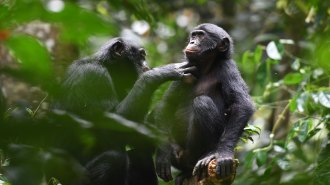 Life
LifeBonobos, like humans, cooperate with unrelated members of other groups
Cooperation between unrelated individuals in different groups without clear and immediate benefit was thought to be uniquely human. Its presence in bonobos may help explain its evolution.
By Jake Buehler -
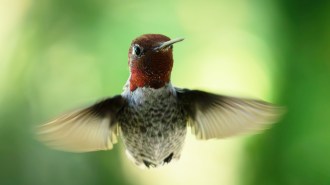 Animals
AnimalsHow hummingbirds fly through spaces too narrow for their wings
Using high-speed cameras, a new study reveals Anna’s hummingbirds turn sideways to shimmy through gaps half as wide as their wingspan.
-
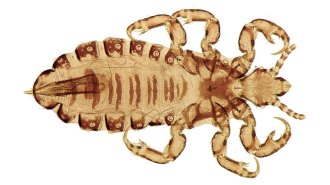 Life
LifeHead lice hitched a ride on humans to the Americas at least twice
The genes of head lice record the story of their human hosts’ global voyages.
By Jake Buehler -
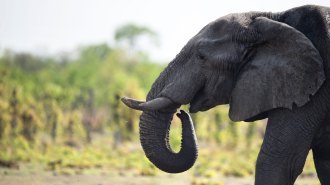 Animals
AnimalsThe mysterious deaths of dozens of Zimbabwe’s elephants has been solved
A bacterium never before identified in elephants or implicated in deadly internal hemorrhaging killed Zimbabwe elephants in 2020, genetic tests show.
-
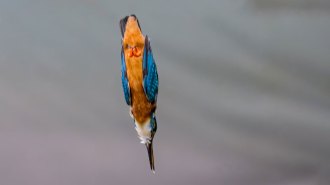 Animals
AnimalsHere’s how high-speed diving kingfishers may avoid concussions
Understanding the genetic adaptations that protect the birds’ brains when they dive for food might one day offer clues to protecting human brains.
-
 Animals
AnimalsFake fog, ‘re-skinning’ and ‘sea-weeding’ could help coral reefs survive
Coral reefs are in global peril, but scientists around the world are working hard to find ways to help them survive the Anthropocene.
-
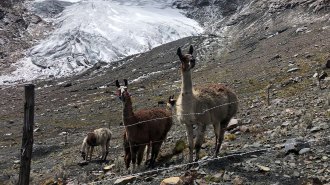 Animals
AnimalsAt the foot of a melting glacier in Peru, llamas helped revitalize the land
A partnership between scientists and farmers suggests how llama herding can mitigate some of the impacts of climate change.
-
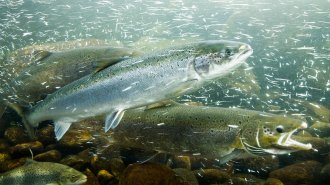 Animals
AnimalsPumping cold water into rivers could act as ‘air conditioning’ for fish
Hundreds of salmon, trout and other fish sought shelter from summer heat in human-made shelters, suggesting a way to help fish adapt to river warming.
By Nikk Ogasa -
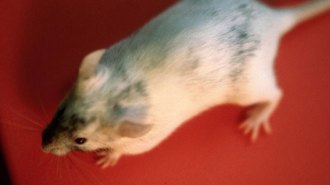 Genetics
GeneticsThese 8 GMOs tell a brief history of genetic modification
Since the first genetically modified organism 50 years ago, GMOs have brought us disease-resistant crops, new drugs and more.
-
 Animals
AnimalsHow sea anemones living on deep-sea hydrothermal vents avoid metal poisoning
The anemone Alvinactis idsseensis dominates its toxic environment thanks to an unusual number of genes geared toward protecting cells from heavy metals.
-
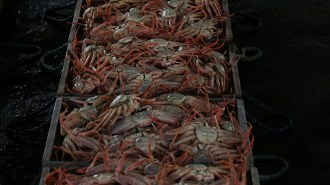 Life
Life10 billion snow crabs have disappeared off the Alaskan coast. Here’s why
In the eastern Bering Sea, the snow crab population plummeted after a marine heat wave in 2018. The crabs may have starved, a new study finds.
By Jude Coleman -
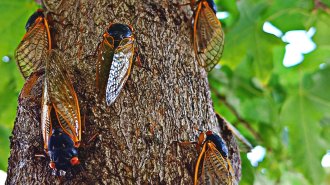 Animals
AnimalsScientists debunked a long-standing cicada myth by analyzing their guts
The lack of obvious chewing mouthparts may have made casual observers think that adult cicadas don’t need to feed. But that’s not the case.